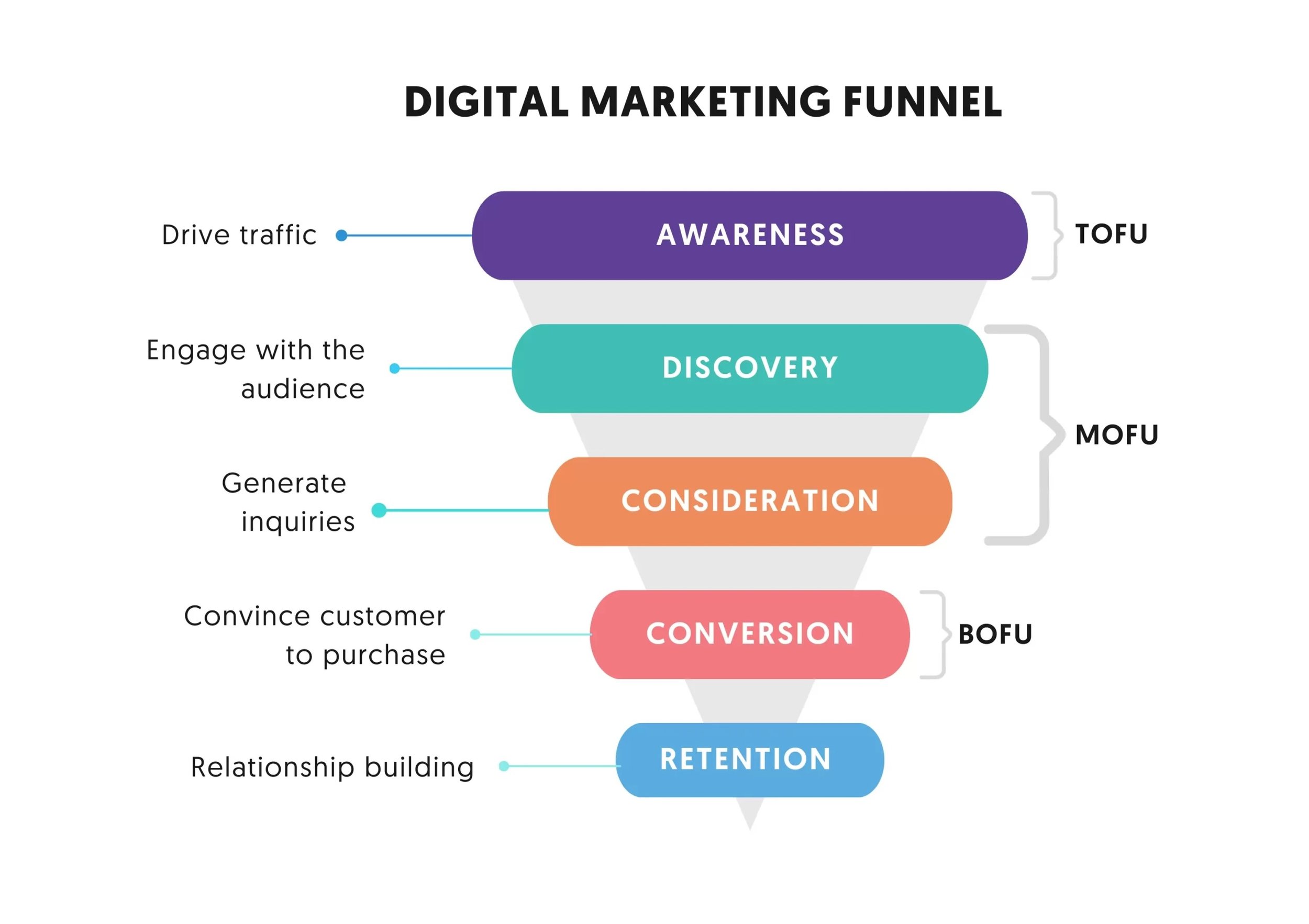What Is CRM Marketing and Why It Matters for Customer Retention
What is CRM?
According to Wikipedia, Customer Relationship Management (CRM) is a strategic process that organisations use to manage, analyse, and improve their interactions with customers.
For me, CRM means delivering the right message, through the right channel, to the right person. That’s the core. And when you break it down, it’s really about understanding how people engage and communicating in a way that actually connects.
Let’s take a closer look at what that means in practice:
Right message
These days, people are overwhelmed by information—emails, notifications, app alerts. Just clearing your inbox or those little red badges on your apps can feel like a chore. That’s how competitive it is to get someone’s attention.
Service or transactional emails often get noticed because people need to act on them. But marketing emails? That’s harder. There’s so much noise—similar phrases, similar offers.
So how do you stand out?
I believe the answer lies in personalisation. It makes all the difference. When an email feels relevant—when it actually speaks to you—it’s far more likely to be opened, read, and acted on. That’s the kind of message that cuts through the clutter.
But even the best message can fall flat if it doesn’t show up in the right place—which brings us to the next point: choosing the right channel.
Right Channel
CRM isn’t just about email. There are so many ways to reach people, and everyone has their own preferences. Some check email regularly, others respond faster to SMS, or only notice in-app notifications.
That’s why many businesses use multi-channel strategies—to meet people where they’re paying attention.
Here are some common CRM channels:
Email
SMS
MMS – like SMS but with images or media
In-app push – those notifications you get inside apps
RCS (Rich Communication Services) – interactive messaging, more common on Android (iOS is still catching up)
The same message can feel completely different depending on where and how it’s delivered. For example, SMS is great for flash sales or early access—it feels direct and urgent. But people might scroll past an email if the subject line doesn’t grab them. Choosing the right channel—or mix of channels—is key to making sure your message actually lands.
Of course, none of this matters if you're not reaching the right people in the first place—which leads us to the final piece: audience targeting.
Right Person
Audience targeting matters. You can send a message to everyone—but should you? Probably not.
Segmenting your audience into groups helps you tailor your content and speak more directly to different needs. Some people engage with discounts, others prefer product education or feature updates. Testing and learning from those differences helps refine your CRM performance over time.
Why It All Comes Together
Each of these three factors—message, channel, audience—matters on its own. But when they work together, they create harmony in your CRM strategy.
Zooming out, CRM usually lives near the bottom of the marketing funnel—it’s all about customer retention. We already have data on these customers. Now it’s about building relationships, keeping them engaged, and delivering value through the right touchpoints.
The reason I’m passionate about CRM is because a really good message can feel like it was written just for you. It’s not generic, not mass-blasted. It lands in your inbox—or your messaging app—and feels like it gets you. That kind of personal connection is what makes CRM so powerful.
At the end of the day, the last thing we want is for someone to hit “unsubscribe” and disappear. A thoughtful CRM strategy helps us keep those connections alive.
I’m still learning and refining how I approach CRM every day. What are your go-to CRM principles? Comment below and share your thoughts with me!
